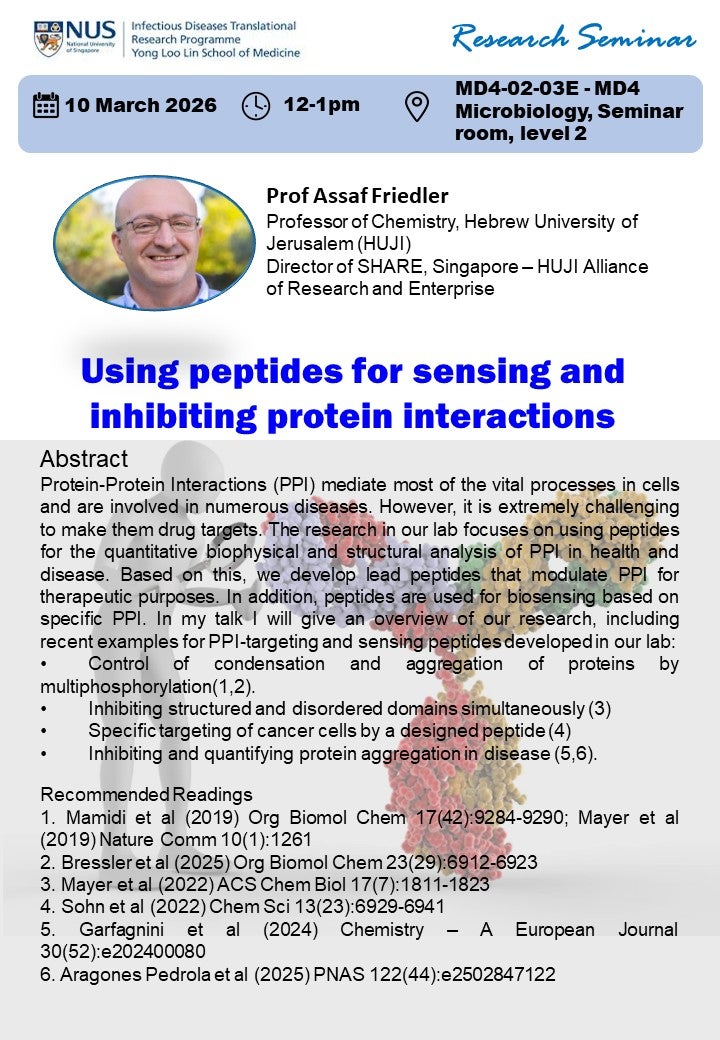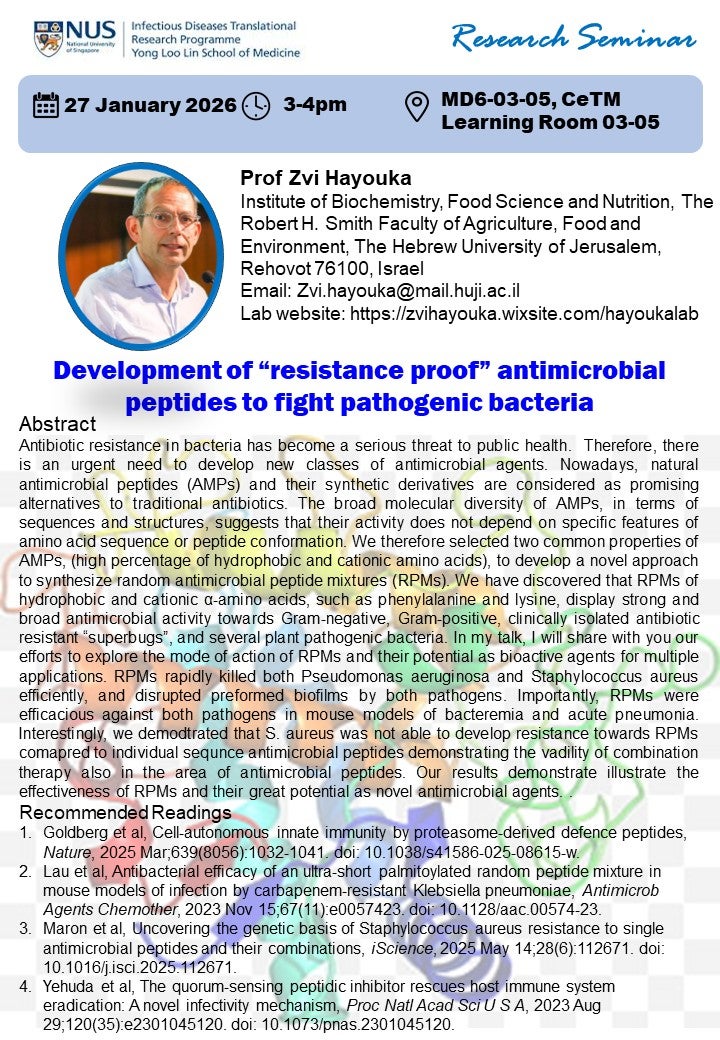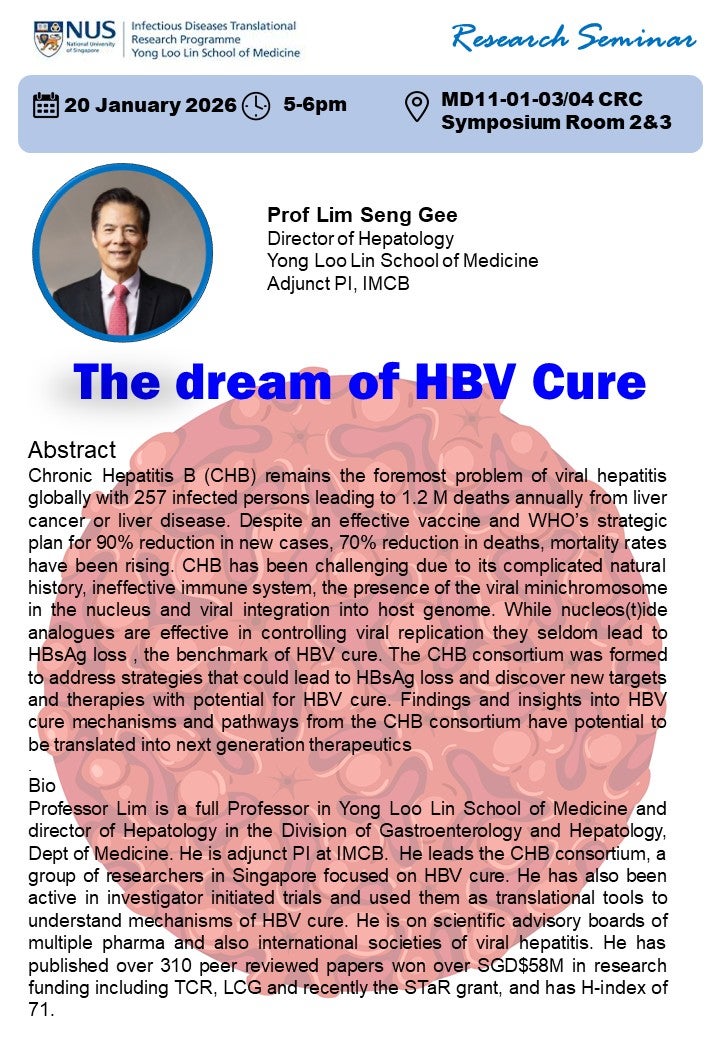Abstract:
The global recurrent threat of respiratory virus pandemics highlights the essential needs of developing alternative prophylaxis and therapeutics of respiratory virus infection. Host and environmental factors drive proper establishment of the gut microbiome and immune system especially during early life, which in turn is related to consecutive susceptibility to respiratory virus infection. Our recent studies demonstrated gut microbiota as the foundation to orchestrate immune response to COVID-19 vaccines and the persistence of those antibodies in the body. In parallel, our mechanistic studies also illustrated that early-life gut dysbiosis extensively impacted the development of innate immunity and the pathogenesis of influenza A and SARS-CoV-2 infection. Moreover, certain keystone gut bacteria species have the potentials of to modulate both innate and adaptive immunity and enhance antiviral responses.
Biography
Prof. Hein Tun is an Associate Professor at the JC School of Public Health and Primary Care, the Chinese University of Hong Kong (CUHK), the Associate Director at Microbiota-I Center (MagIC), and the PI of System Microbiology and Antimicrobial Resistance (SMART) Lab at Li Ka Shing Institute of Health Sciences, CUHK. In parallel, he is an Adjunct Professor at the Nanjing Medical University and an Honorary Associate Professor at the University of Hong Kong. His research interests range from studies on the mechanistic and functional roles of microbiome in health and diseases to One Health surveillance of antimicrobial-resistant bacteria and resistome. He published more than 100 original research articles in leading international journals. He serves the editorial boards of Cellular and Molecular Life Sciences and Frontiers in Microbiology. Moreover, he has received several international research awards including the Gold Medal at 2021 Inventions Geneva Evaluation Days, Canadian Institute of Health Research Fellowship and Dik Zwart Award.










































